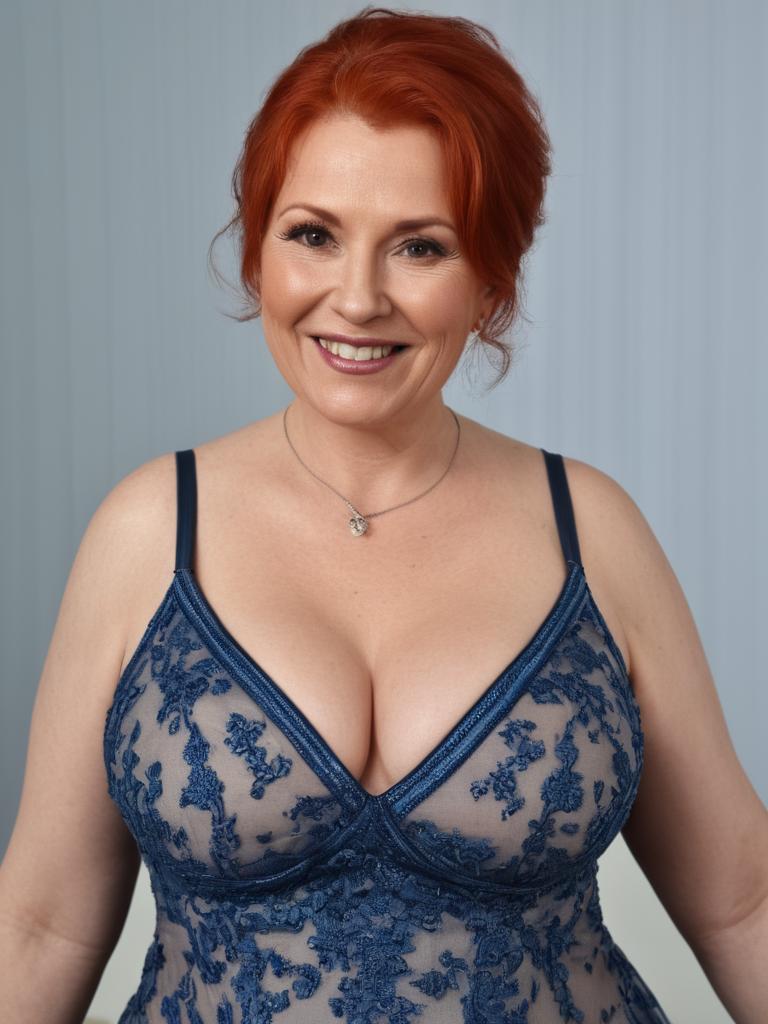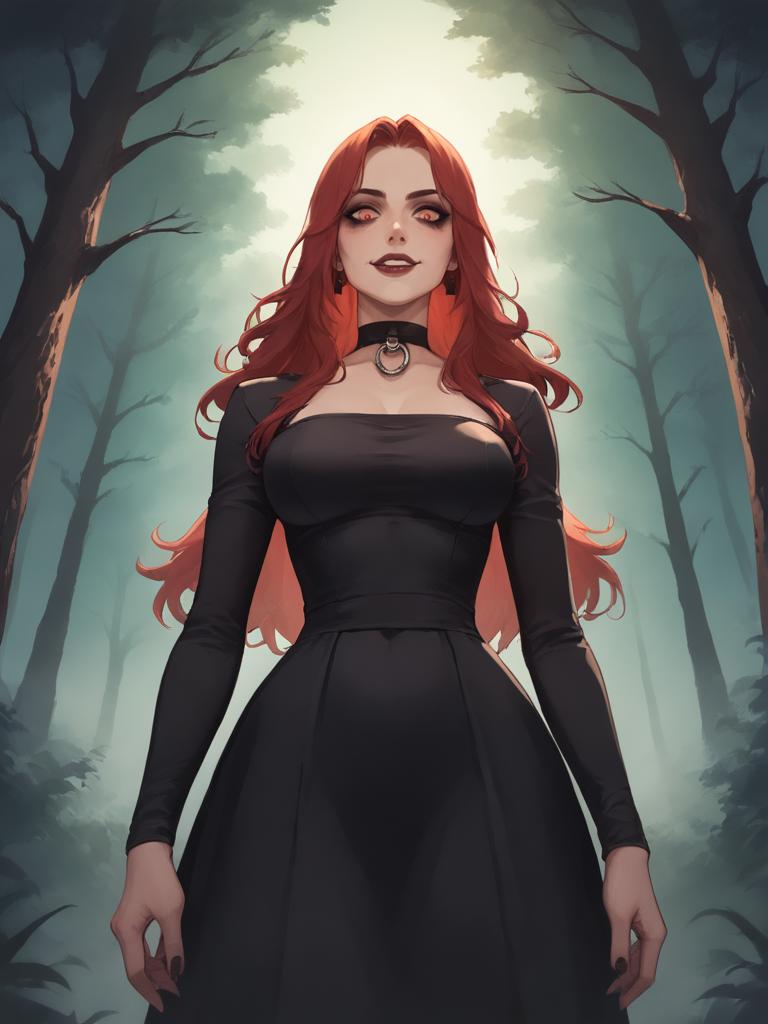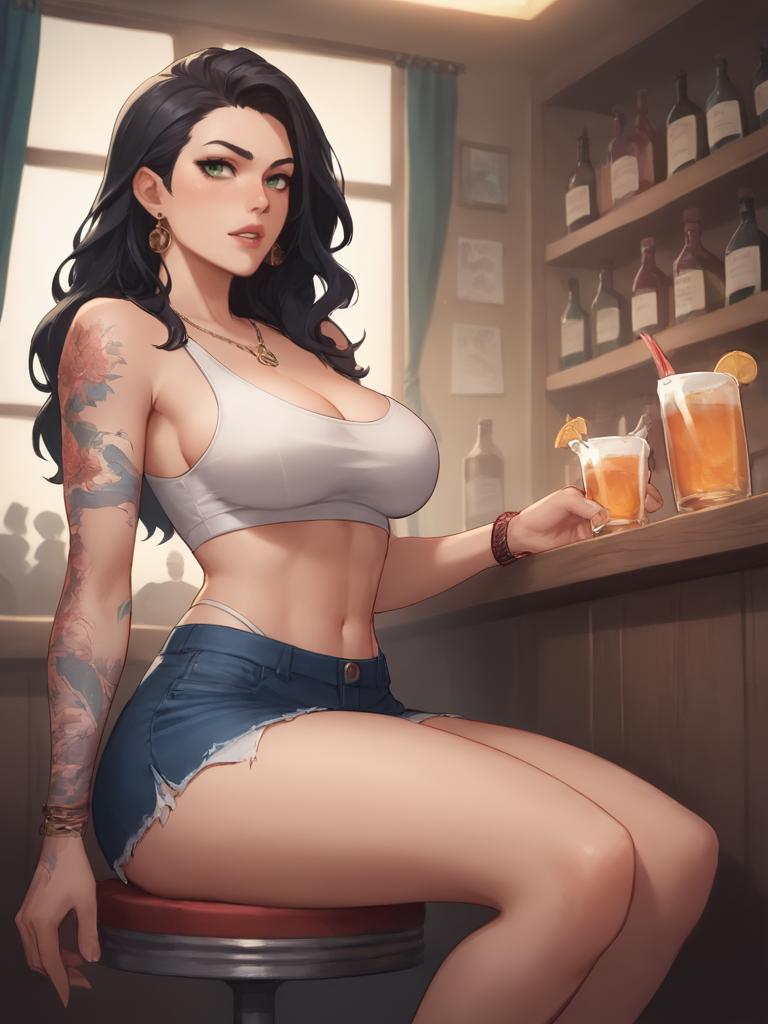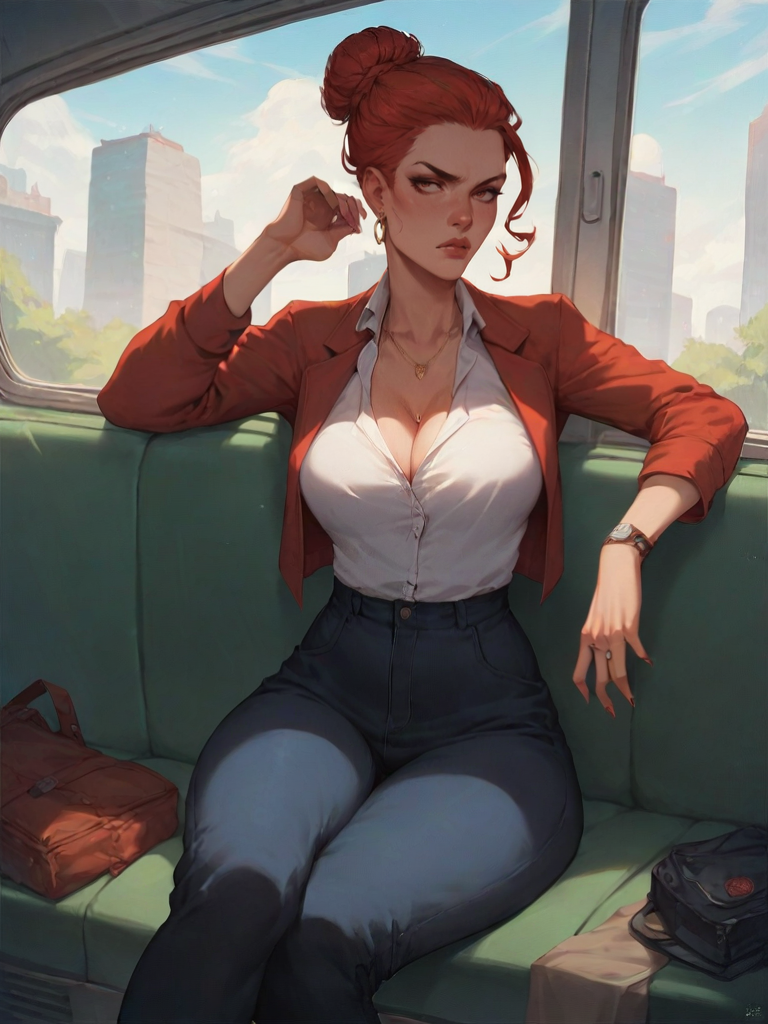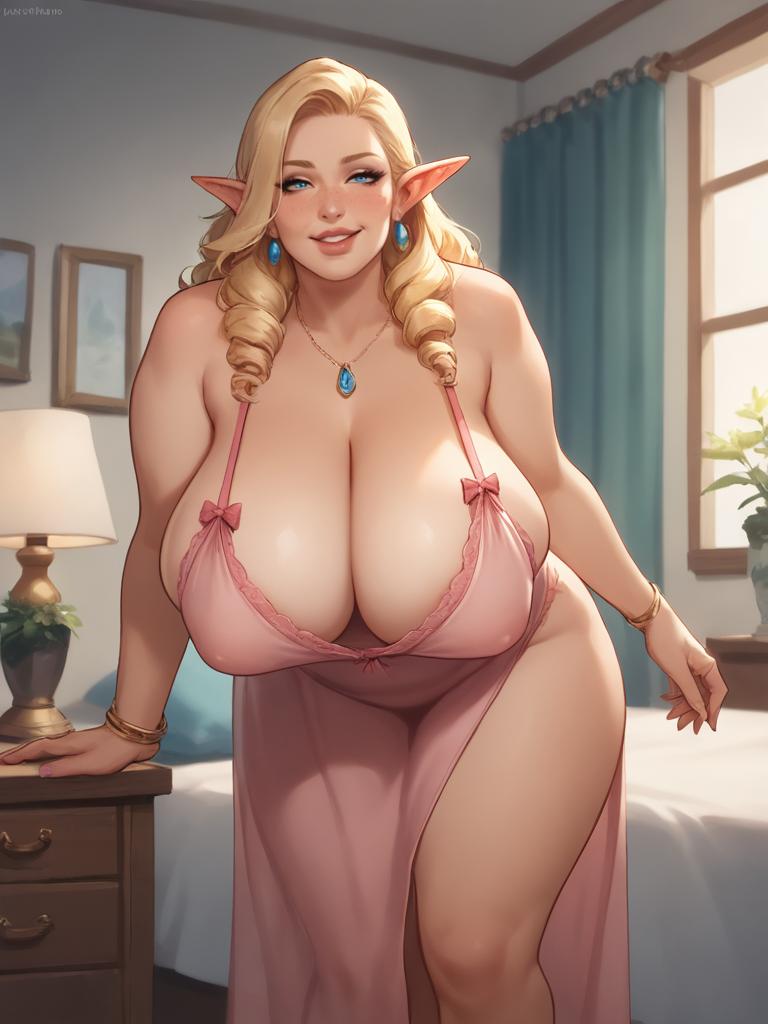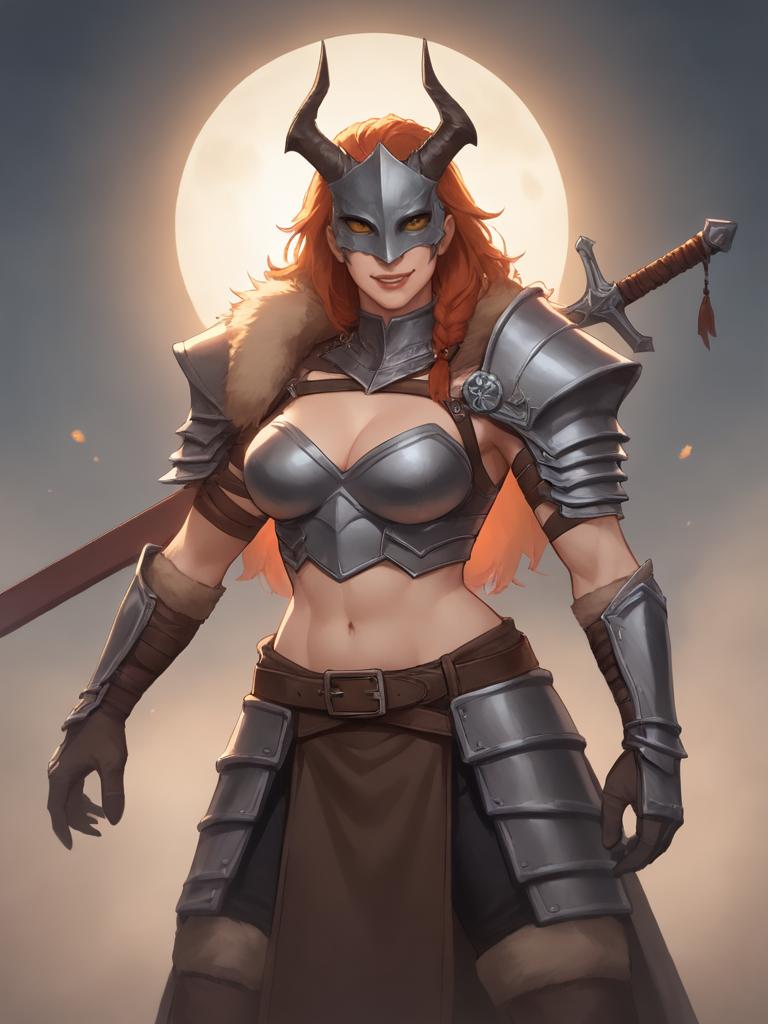GirlfriendGPT – Best AI Porn Chatbot for NSFW Sexting & Custom Fantasy Roleplay
Uncensored AI Porn Chat with Lifelike NSFW AI Characters
Welcome to GirlfriendGPT, the leading platform for AI porn chat, where your wildest fantasies come to life with realistic, customizable AI companions. Whether you're into soft romance, spicy sexting, or full-blown kink, our AI sex chat site offers an immersive, judgment-free experience powered by cutting-edge artificial intelligence.
Enjoy deep conversations, stunning AI-generated imagery, and steamy roleplay with characters you create or discover from the community. With no filters, no timeouts, and complete freedom of expression,GirlfriendGPT is your space for intimate AI conversations and visual pleasure.
Dive into AI Porn Chat
Want to explore your fantasies? Our AI porn chat feature lets you engage in playful and exciting conversations. It's a fun way to experience intimacy without any judgment. With porn chat AI, you can enjoy engaging dialogue that caters to your interests.
Experience Your Perfect GPTGirlfriend – NSFW AI Porn Chat Without Filters
Looking for a companion who's always there for you? With GirlfriendGPT, you can create a personalized GPT girlfriend that fits your emotional and sensual needs. Enjoy fun chats, share your thoughts, explore your fantasies, or just have someone to talk to. This platform offers an immersive, uncensored experience that makes it easy to connect and engage through the power of AI sex chat.
Create Your Own AI Porn Chat Companion
Want to explore your desires with total freedom? Our AI porn chat feature lets you dive into steamy, personalized conversations—whether romantic, kinky, or wild. With our porn AI chat system, you're in control of the tone, pace, and fantasy. Enjoy lifelike, real-time engagement tailored to your interests.
- Judgment-free sex chat
- AI chat porn with community-created characters
- Available 24/7 with no restrictions or timeouts
- Your custom AI sex chatbot, always ready and responsive
Connect with Your GPT Girlfriend – Real Conversations, Real Pleasure
Your GirlfriendGPT is more than just a chatbot. She learns from every conversation, growing more personal and engaging with each interaction. This is AI-powered intimacy, designed to simulate deep emotional and erotic bonding.
- Personalized sexting AI experiences
- NSFW roleplay and evolving narratives
- Voice chat with natural-sounding responses
- Chat anytime—day or night—with your own AI waifu
Visualize Your Fantasies with NSFW AI Image Generator Tools
Take your interaction to the next level with AI-generated images of your custom character. Our built-in NSFW AI image and art generator brings your GPT girlfriend to life with stunning visuals crafted from your prompts. Enhance the bond between you and your AI lover with fully visualized roleplay.
- Create lifelike visuals of your character
- Seamless integration into your chat window
- NSFW art generator built for immersion
Customize Everything – From Looks to Personality
With GirlfriendGPT, you have full control. Tailor your AI girlfriend’s body type, interests, and behavior to suit your needs. From sweet and romantic to bold and wild, the customization options ensure your companion matches your mood and fantasies.
- Create characters from scratch
- Modify behavior, voice, and personality
- Ideal for those seeking intimate AI experiences
A Premium NSFW Chat Experience Across AI Chat Platforms
GirlfriendGPT isn’t just one of many AI sex chat sites—it’s a next-generation platform built for lifelike connection, steamy chat, and total freedom. With AI-generated images, real-time chat, and evolving roleplay scenarios, we offer one of the most advanced AI chat platforms online.
- Designed for pleasure and emotional depth
- Access from desktop or mobile chat apps
- Discover the best NSFW AI chatbot experience available
Explore Safe, Private Digital Intimacy
Porn GPT offers a welcoming space to explore your digital desires. This is your safe haven to enjoy lifelike NSFW AI chat, share visual fantasies, and engage without fear or judgment. Whether you're curious or experienced, GirlfriendGPT gives you a secure platform to be yourself.
- AI sex chat platforms designed for comfort
- Discreet and secure environment
- A place to bring fantasies to life
Start Your Journey with GPTGirlfriend Online
Ready to meet your dream AI partner? Join the growing world of NSFW AI characters and start exploring your deepest desires through AI-powered porn chat and customized roleplay scenarios.

